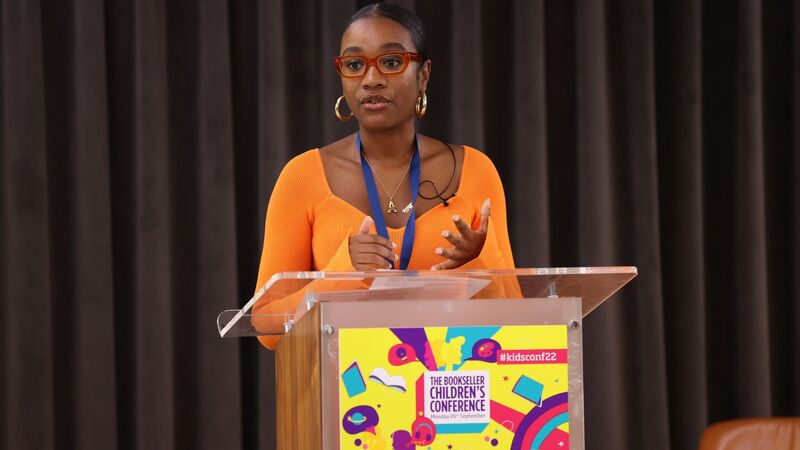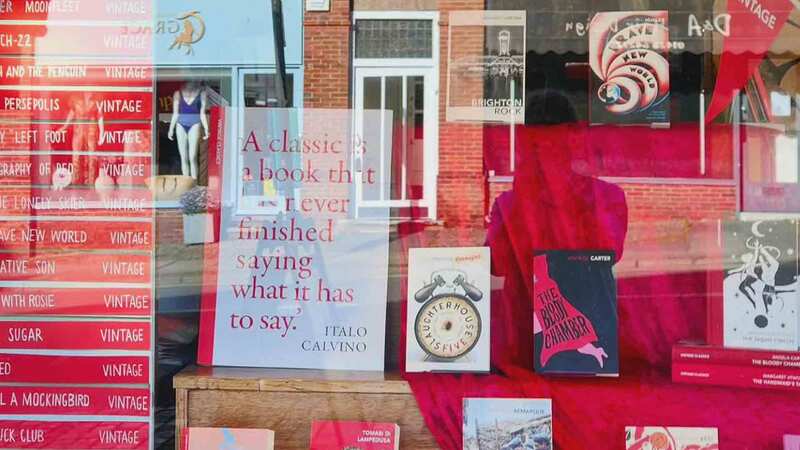You are viewing your 1 free article this month. Login to read more articles.
Eyes on Ukraine
The brutal and shocking invasion of Ukraine by Russia has ripped a hole through the international book community.
The brutal and shocking invasion of Ukraine by Russia has ripped a hole through the international book community, just as the trade prepares for major in-person fairs at Bologna and London, with excitement at the return of the international fellowship that the industry usually enjoys.
Two parties will now be missing from that in-person fellowship: the Ukrainians, for obvious reasons, and the Russians, whose state-sponsored collective stands have been banned by the Bologna Children’s Book Fair, the London Book Fair and the Frankfurt Book Fair, in a series of swift and decisive moves. The plea made by Russian publisher Peshkom Press, which had been planning to attend BCBF, “not to confuse our country’s government position with our views as a publishing house”, is easy to empathise with, not least for those of us who have been aghast at our own government’s behaviour on multiple fronts in recent months. It is clear that many in the Russian book trade, and among Russian citizens generally, are as appalled by President Putin’s actions as those outside the country.
It is notable that the attempted crushing of Ukraine has come after a period when its book industry has been making great strides in its international profile
Quite rightly though, it is the needs of Ukrainian authors, publishers, booksellers, distributors and librarians that are the main focus now, and the message from the international book trade to the Russian state should be as unambiguous as that coming from other business, financial and sporting sectors, and from national governments including traditionally neutral Switzerland and Sweden. All parties who have trading links with Russia will be urgently examining their responsibilities.
It is notable that the attempted crushing of Ukraine has come after a period when its book industry has been making great strides in its international profile. Earlier this week the organisers of the Book Arsenal Literary Festival in Kyiv—which would usually now be busy planning its May event—put out an email asking that people share “the successful stories of co-operation with Ukraine” and the “essential progress in arts and literature, cultural diplomacy, sharing and promoting European values” that has taken place there. Emma Shercliff, agent and founder at Laxfield Literary Associates, gives more details of these achievements in this week’s issue.
Ironically, had it not been for billionaire—and alleged friend of Putin—Alexander Mamut selling Waterstones in 2018, the big domestic news this week, the sale of Blackwell’s to the bigger chain, would have seen the bulk of UK dedicated high street bookselling now in Russian hands, which one can imagine would have presented publishers with an entirely different dimension of ethical dilemma. As it is, the move will still have its critics—the further concentration of once distinct chains, the fear of reduced diversity, memories of how the Foyles buying team was eventually merged with that of Waterstones—but it also sees a needed financial security for the much-valued Blackwell’s, and a strengthened arm for Waterstones on the high street too.


















